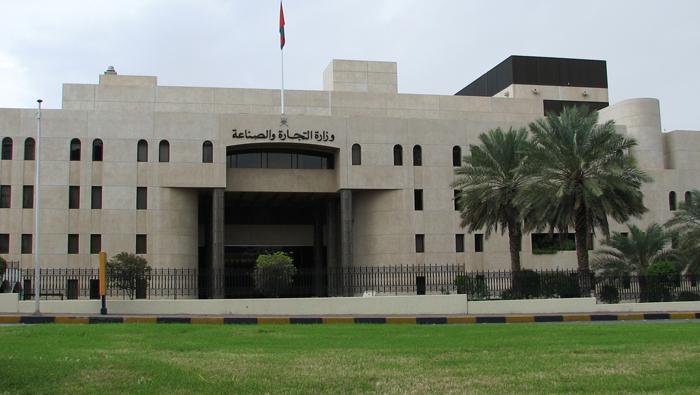
Muscat: The National Innovation Strategy has played a major role in the establishment of an effective system which meets the aspirations of sustainable social and economic development, Oman’s Ministry of Commerce and Industry said.
This strategy was made according to global practices, with the aim of creating an environment that will both stimulate innovation and create job opportunities for Omani youth, helping in diversification of the sources of income, and improving the living standards of individuals. This is in consonance with the five-year plans, programmes and initiatives based on the idea of taking the Sultanate to the level of among the top 20 countries in the area of innovation, and achievement of the objectives and vision of Oman 2040.
In his Royal Speech, His Majesty Sultan Haitham Bin Tarik had emphasised that education sector, scientific research and innovation would be the national priority.
Fatima bint Khalfan bin Rashid Al-Baloushi, a biotechnology patent specialist at the Intellectual Property Department of the Ministry of Commerce and Industry, said, “The speech of His Majesty Sultan Haitham bin Tarik was aimed at prioritising innovation and innovators in the country, as they would be required for the next stage and would play a significant role in the sustainable development of the Sultanate of Oman, taking it to among the top countries in the area of innovations, optimum use of human capital, natural resources and diverse products on which modern life depends.”
“The Sultanate of Oman gives importance to all areas of intellectual property. It has stipulated rules and laws to regulate rights in all areas of intellectual property. This is because these are the areas which largely help in the development of the national economy and progress.”
“The Sultanate is working in cooperation with the World Intellectual Property Organization (WIPO), which is a global player in the area of intellectual property. The Sultanate is utilising the expertise of its skilled persons to formulate its own national strategy for intellectual property so that it can support innovations and the competitive capabilities of products.
This is through the use of intellectual property, financing of their products and development of innovative start-ups, in addition to revitalisation of the market economy by improving the legal system of intellectual property and raising the level of respect for intellectual property rights in the Middle East,” she said.
The national intellectual property strategy makes the Sultanate an attractive investment environment at the region level. This is because it makes all types of businesses more sustainable and protected under law. The strategy helps in building a knowledge-based economy under Vision 2040. These strategies help increase the Sultanate’s ability to generate valuable economic assets in the field of intellectual property. Every country possesses wealth in the form of human capital, literary and artistic works, traditional knowledge and genetic and biological assets. The strategy helps them work freely under a suitable environment so that they help provide Oman with a renewable and sustainable economy.
Al-Baloushi said, “Innovators must register their innovations before participating in any exhibitions and competitions. This is necessary to protect them from theft. The government and private authorities should be aware that exhibitions and competitions, which are organised to highlight their role and implement their annual plans, and help spread the efforts of these young innovators.
“But before that, these youth should be asked to protect their innovations as intellectual property which belongs to them and only they have the right to benefit from them,” she added. “The awareness of the protection of intellectual property rights is not only the duty of the concerned institution or the Ministry of Commerce and Industry, but also a national duty of the educational institutions and research centres. Awareness has to be created prior to registration and before innovators participate in exhibitions and competitions and showcase their ideas on social media, or they might face plagiarism charges. The centres of innovations in all institutions can play a major role in this.”